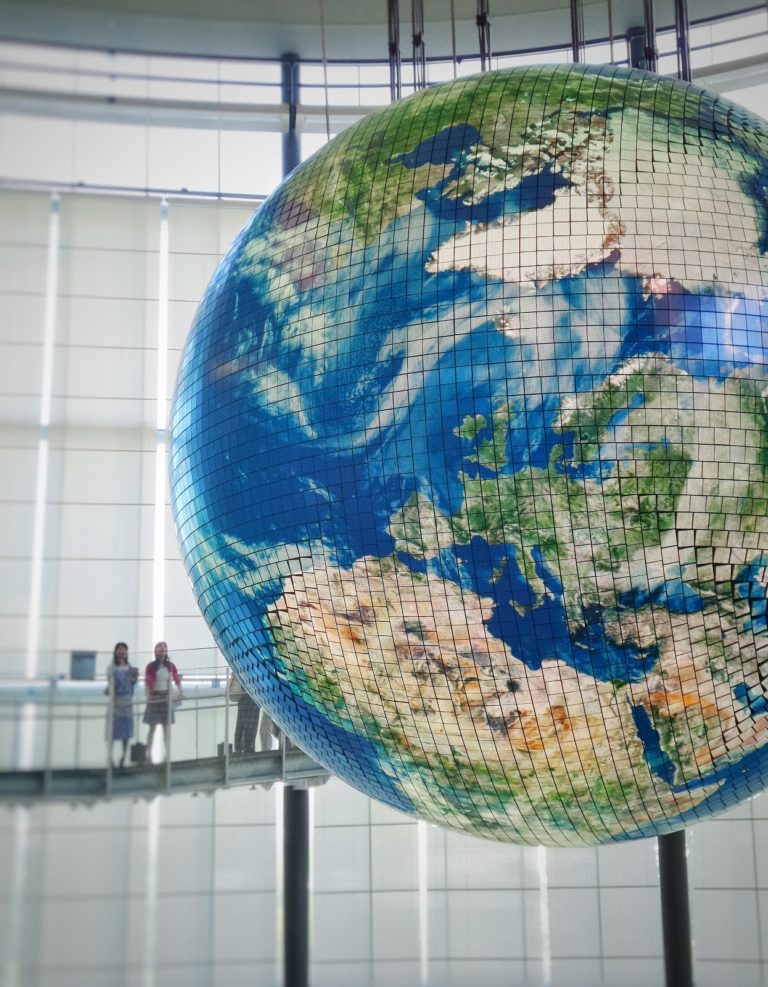
We are faced not with two separate crises, one environmental and the other social, but rather with one complex crisis which is both social and environmental. Strategies for a solution demand an integrated approach to combating poverty, restoring dignity to the excluded, and at the same time protecting nature. – Pope Francis, Laudato Si’, 139
The European Union has been buffeted by a series of crises since 2007, not the least of which is the economic and financial crisis. These events have put serious pressure on the environment and, in turn, generated a need for Union-level environmental policies, which have since evolved and become some of the most ambitious environmental protection rules and policies in the world. The task of their development has fallen largely to the European Economic and Social Committee, which held a plenary session on the 17th and 18th of July to discuss such matters.
One of the opinions adopted during the July 17th plenary was ECO/492, “Towards a more resilient and sustainable European economy”, spearheaded by rapporteur Javier Doz Orrit. Its aim is to provide, in conjunction with Opinion ECO/493, a possible foundation for EU economic policy throughout the next parliamentary term, based on two main axes: economic resilience and sustainability. Each of these two concepts has three dimensions: economic, environmental, and socio-occupational, which should be tackled jointly and within the framework of the Paris Agreements, the Sustainable Development Goals, and the strong commitment of the EU to achieve carbon-neutral economies by 2050.
A key part of the Opinion is the emphasis on the need to implement these changes via a fair transition, as they cannot be undertaken without involving society. A link is thus established between the economic, social, and environmental dimensions. It runs almost parallel to the connections established by Pope Francis in Laudato Si’ through the concept of integral ecology, according to which the three dimensions cannot be considered in isolation, but rather require a holistic vision that addresses them all simultaneously.
Both in Opinion ECO/492 and in Laudato Si’, the protection of the environment is perceived as a key part of the development process. The rise of this approach in the world of development dates back to the Brundtland Report, developed by the World Commission on Environment and Development under the chairwomanship of Gro Harlem Brundtland in 1987. The report concluded that it was possible to achieve social equity and economic growth, as well as to protect the environment, by taking a sustainable development approach. In the EU, this approach has taken the shape of a positive and constructive contribution to, as well as the adoption of, the 2030 Agenda for Sustainable Development created by the United Nations.
As climate becomes more and more important to the citizens of the EU, it also becomes more present in EU policy. Since the adoption of the Agenda in 2015, the EU has made significant progress in implementing the SDGs, thus embarking on an environmental transition. Opinion ECO/492 calls for this transition to be carried out in conjunction with renewed efforts to reduce the vulnerability of European economies to crises, and its approval will take the EU one step further towards integral ecology, and away from the dominating technocratic paradigm.
Blanca Marabini San Martín
JESC Summer Intern 2019

